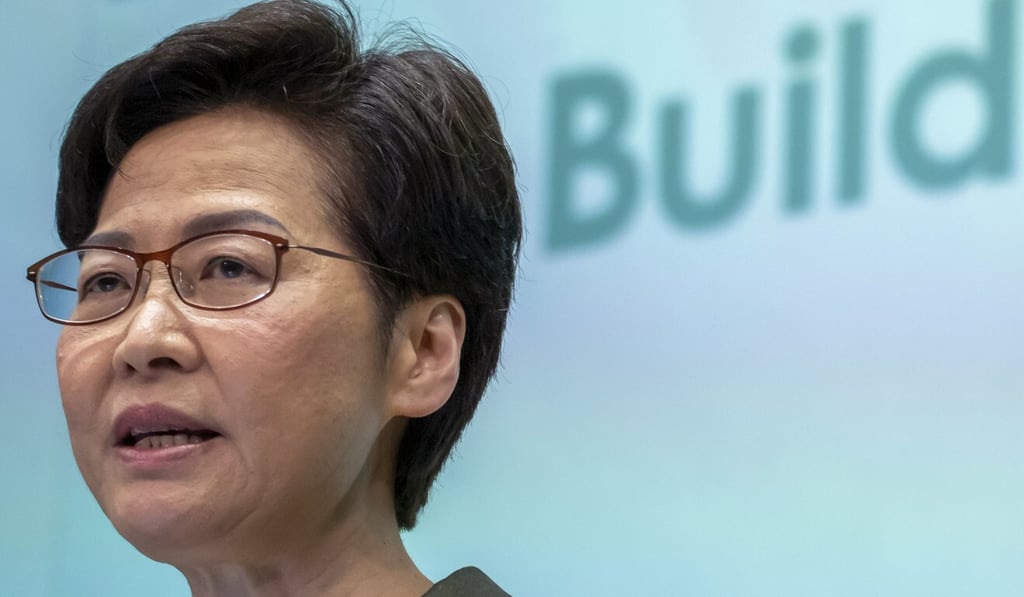Hong Kong needs poverty chief to help solve problems faced by city’s poor, major trade unions group says
- Federation of Trade Unions calls for creation of commissioner for poverty to help low-income families
- Existing system not working, says group, which also recommends new benchmark for calculating city’s poverty line

A major pro-establishment union has called on the Hong Kong government to eliminate poverty by appointing a commissioner to revamp the city’s existing policies.
The Federation of Trade Unions also said that a new benchmark should be set to gauge the true number of residents in the city who were poor.
Sunday’s suggestions from union bosses came as the city’s leader defended the handful of poverty measures outlined in her policy address.
“There are not a lot of measures to alleviate poverty in the policy address as we can see, but I hope everyone can understand that if we can have a better future, we can tackle poverty at the root,” Chief Executive Carrie Lam Cheng Yuet-ngor said at a charity event.

But the federation said a new commissioner for poverty, and an office which focused on anti-poverty projects, should be set up under the Chief Secretary for Administration’s Office, among other measures.